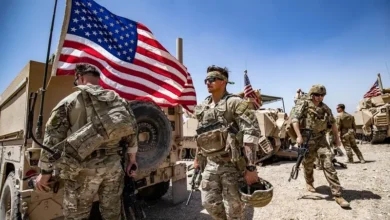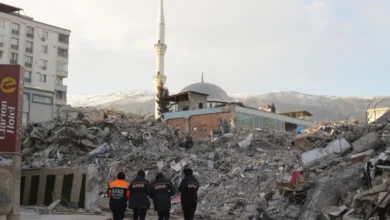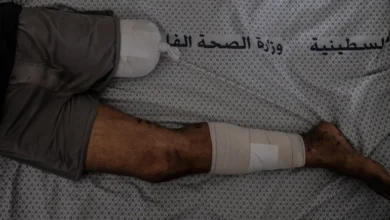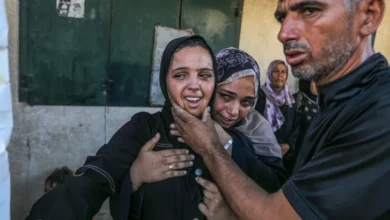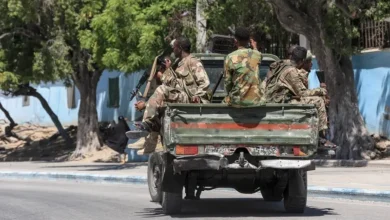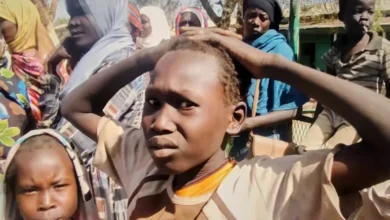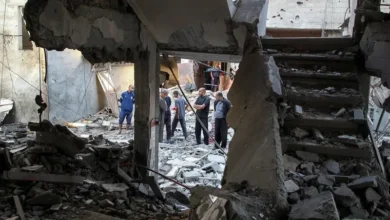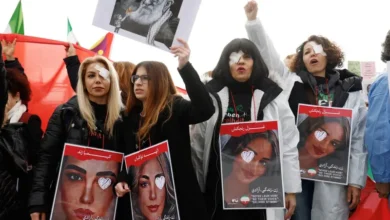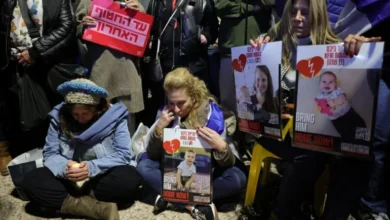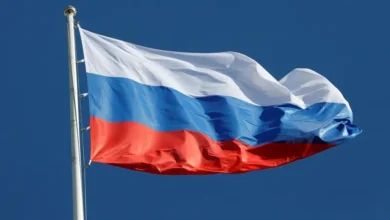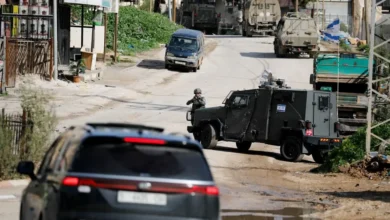Which countries have cut funding to UNRWA, and why?
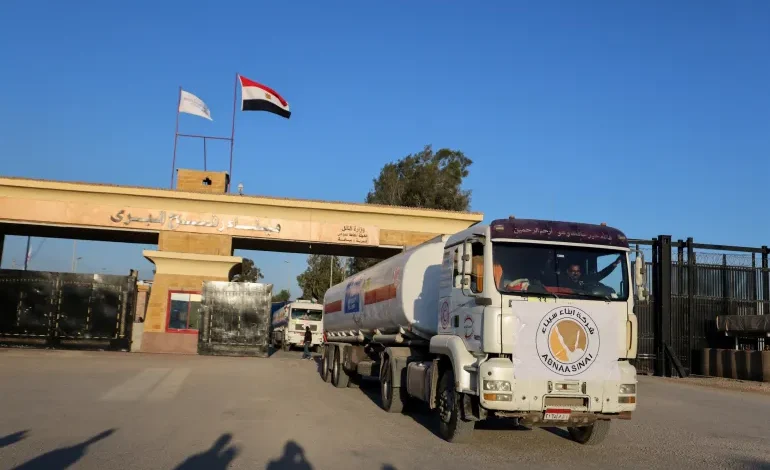
The United Nations agency for Palestinian refugees (UNRWA), considered a lifeline for two million people in the besieged enclave, has suffered funding cuts after several of its staff were accused by Israel of involvement in the October 7 Hamas attack.
The UN on Saturday said that it had terminated nine out of 12 staff over the allegations and vowed to hold its employees accountable, but expressed its shock at the swift funding cut by several Western countries amid a humanitarian disaster in Gaza, which has been devastated by nearly four months of Israel’s aerial and ground war.
“It would be immensely irresponsible to sanction an Agency and an entire community it serves because of allegations of criminal acts against some individuals, especially at a time of war, displacement and political crises in the region,” Philippe Lazzarini, UNRWA chief, said in a statement on Saturday.
The UN and Palestinian officials have called for continued funding for the agency’s “crucial work” since the announcement of the claims on Friday.
Here is what you need to know about the controversy.
What is UNRWA and who funds it?
The acronym stands for the United Nations Relief and Works Agency for Palestine Refugees in the Near East. It was established in 1949 to cater to tens of thousands of Palestinians ethnically cleansed from their homes by Jewish militias from areas that currently form part of Israel.
The UN agency operates in the occupied West Bank, East Jerusalem and Gaza, as well as in Jordan, Lebanon and Syria – the neighbouring countries where the Palestinian refugees took shelter after their violent expulsion known as the Nakba or catastrophe.
According to its website, the UN agency supports the relief and human development of Palestinian refugees, working in a number of areas.
Examples of these fields are primary and vocational education, primary healthcare, relief and social services, infrastructure and camp improvement, microfinance, and emergency response.
